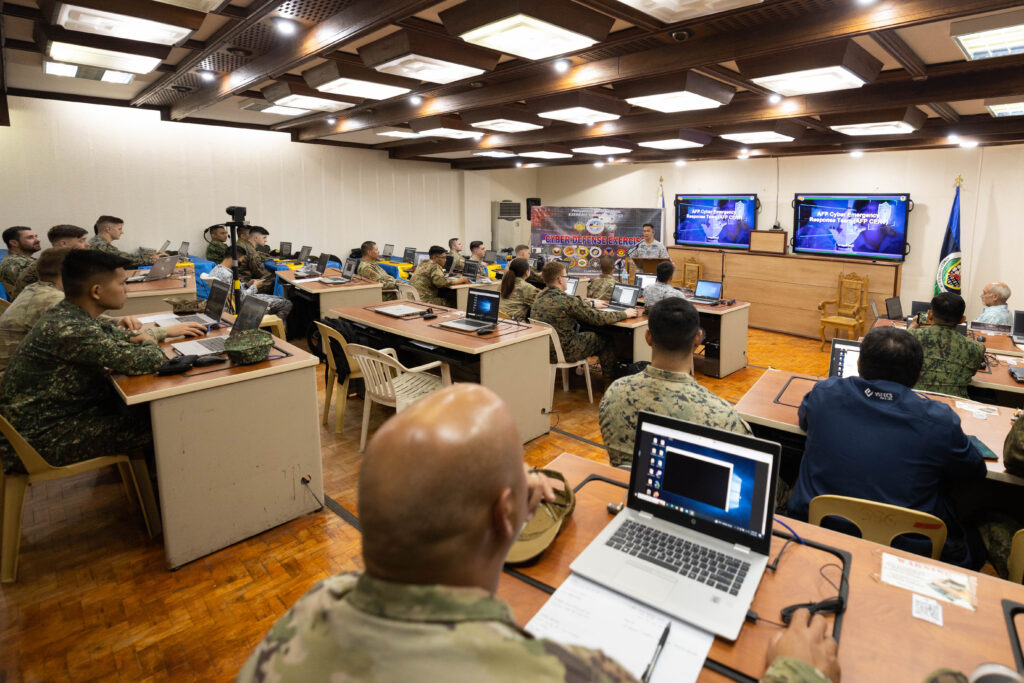The Philippine Army has verified a breach in its network infrastructure caused by an unnamed cybercrime group.
The attack, revealed by Philippine Army Spokesperson Col. Louie Dema-ala, involved an “illegal access attempt” to the network but did not cause any known damage or stolen data.
“The Philippine Army already identified this group and (is) currently conducting counter-measures to prevent such cybersecurity incidents in the future,” local news agency GMA reported, citing the official.
“Moving forward, the PA continues to strengthen its cyber defense capabilities through the [Philippine Army] Cyber Security Enhancement Program which is a key component of our modernization thrust.”
“To give context, what happened was illegal access, not hacking as per the cyber unit of the [Philippine Army].”
10,000 Soldier Records Looted
Days before the army’s disclosure, Philippine-based digital security advocacy organization Deep Web Konek announced an incident that compromised the army’s network capabilities and leaked “highly sensitive personal and operational data of military personnel.”
Stolen data incorporated about 10,000 pieces of critical information from active and discharged service members between 2018 and 2024, according to Deep Web Konek.
This report isolated a hacking group called “Philippine Exodus Security,” which had previously attempted to disrupt the data bank of Manila’s Bureau of Jail Management and Penology last year.
The crime group was also identified as the actor behind a recent disinformation campaign against the country’s national charity sweepstakes agency.
Support From Navy
In response to the cyberattack on the army, the Philippine Navy expressed support for apprehending hackers targeting the armed forces, specifying that it had already “initiated a detailed investigation regarding the data breach claims and has taken necessary measures to ensure the integrity of its systems.”
“Cybersecurity is a shared responsibility, and the Philippine Navy encourages the public to work with us and contribute constructively in safeguarding the nation’s security,” Philippine Navy Spokesperson Cmdr. John Percie Alcos remarked.
“The Philippine Navy remains committed to strengthening our cybersecurity defenses and addressing any potential threats to national security.”



